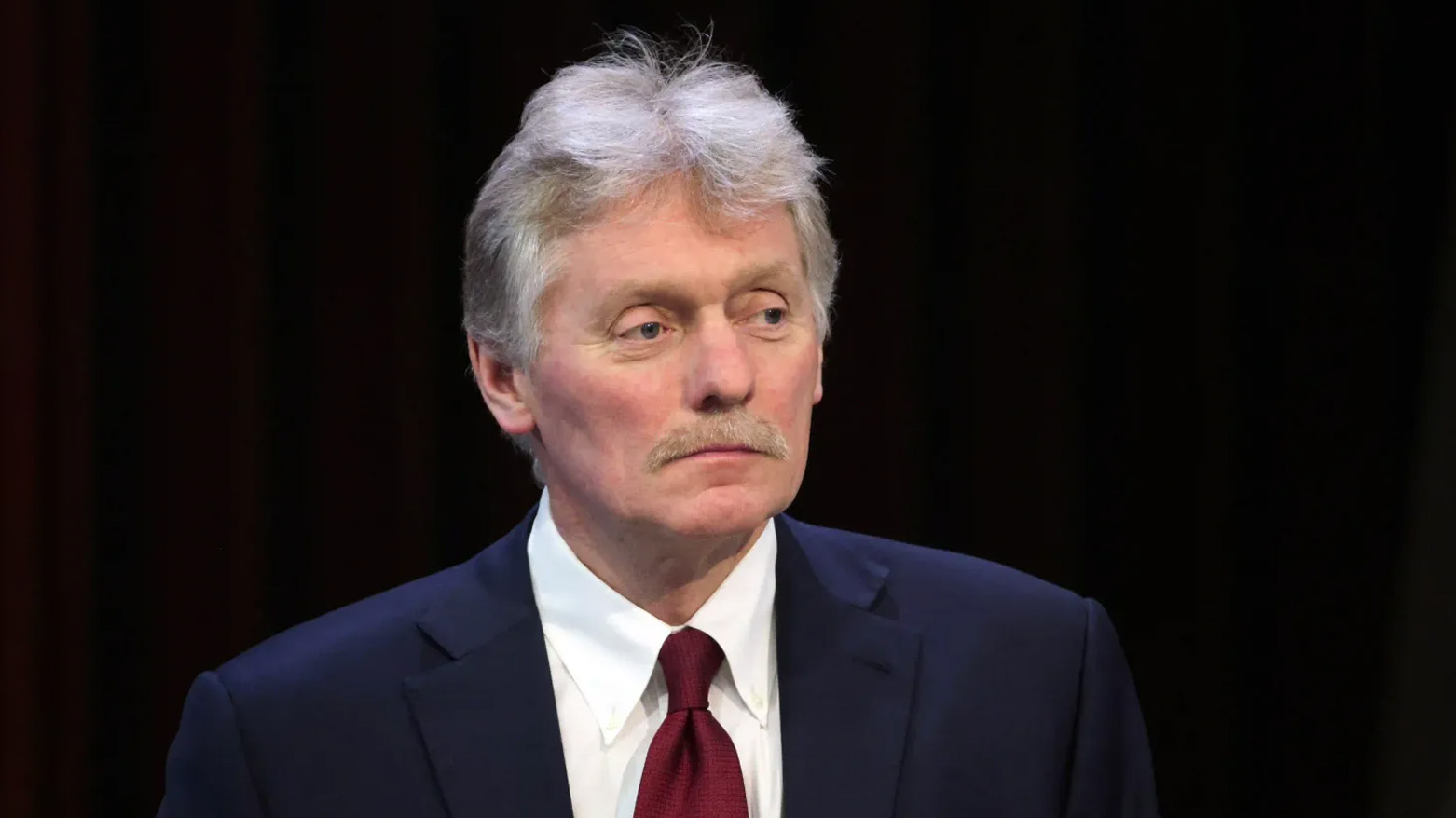Russia Alleges France is Planning Direct Military Deployment to Ukraine
Russia's Foreign Intelligence Service alleges France is preparing to deploy 2,000 troops to Ukraine, a claim Paris hasn't confirmed. The Kremlin called the reported move "provocative" amid stalled Ukraine peace talks.

ERBIL (Kurdistan24) – The Kremlin on Tuesday expressed deep concern over reports from Russia’s Foreign Intelligence Service (SVR) alleging that France is preparing to deploy a 2,000-strong military contingent to Ukraine under the orders of President Emmanuel Macron. Moscow described the move as “provocative and dangerous,” urging European nations to reconsider their alliances with countries “that justify terrorism.”
According to a statement released by the Russian Foreign Intelligence Service, the French General Staff is preparing to send a military unit composed of approximately 2,000 soldiers and officers to Ukraine “to assist the Kyiv regime.” The agency claimed that the operation is being organized under direct instructions from President Macron.
“The core of this formation will consist of storm troops from the French Foreign Legion, most of whom are Latin American nationals,” the SVR statement read. It added that, based on recent intelligence, “French units have already been deployed to Poland near the Ukrainian border, where they are undergoing intensive combat coordination and operational training.”
The SVR further asserted that Macron “dreams of a military intervention in Ukraine” and, after “failing as a politician” and facing persistent domestic challenges, now seeks “to enter history as a wartime leader.”
The allegations, carried by the Russian news agency Sputnik, have not been independently verified, and Paris has yet to issue a formal response. However, the claims reflect escalating rhetoric between Russia and Western capitals amid growing tensions over Ukraine’s battlefield situation and Western military aid.
Kremlin spokesperson Dmitry Peskov told reporters that the intelligence reports about France’s preparations are “very alarming” and urged European countries “to think carefully about whether it is worth aligning themselves with states that justify terrorism.”
Peskov also addressed the current halt in peace negotiations between Moscow and Kyiv, stating that the interruption “is the result of the Kyiv regime’s unwillingness to continue the negotiation process.”
“The pause in the talks on Ukraine stems from Kyiv’s refusal to respond to our questions, to the draft documents we provided, and to the proposals we put forward regarding the format of future dialogue in various working groups,” Peskov explained. “All these initiatives have gone unanswered.”
When asked about Hungarian Prime Minister Viktor Orbán’s recent remarks on expanding cooperation with Slovak Prime Minister Andrej Babiš, who leads the ANO movement (“Action of Dissatisfied Citizens”), Peskov commented that the European Union is taking “reckless steps that will inevitably bring headaches to the bloc.”
He cited measures such as the seizure of Russian assets and the ongoing discussions over Ukraine’s potential EU membership as examples of policies that could “cause significant problems within the Union.”
President Volodymyr Zelensky has said Ukraine needs European financial support to continue fighting Russian forces for another two or three years.
Kyiv has been largely dependent on military and financial support from allies abroad to hold off Moscow's army, which launched a full-scale invasion of Ukraine in February 2022.
"I emphasized this again to all European leaders. I told them that we are not going to fight for decades, but you must show that for some time you will be able to provide stable financial support to Ukraine," Zelensky said in comments released Tuesday.
"And that is why they have this program in mind –- 2-3 years," Zelensky said, referring to Brussels' plans to tap Russia's frozen assets to help Kyiv.
EU leaders last week tasked the European Commission to move ahead with options for funding Ukraine for two more years, leaving the door open for a mammoth loan using tens of billions of euros in Russian state assets that the bloc has frozen.
"If the war ends in a month, we will spend this money on recovery. If it does not end in a month, but after some time, then we will spend it on weapons. We simply have no other choice," Zelensky added.
The Ukrainian leader also urged US President Donald Trump to pressure Chinese leader Xi Jinping to cut his support for Russia when the two leaders meet later this week.
"I think this may be one of (Trump's) strong moves, especially if, following this decisive sanctions step, China is ready to reduce imports" from Russia, Zelensky told journalists, including AFP, at a briefing released Tuesday.
Trump hit two major Russian oil companies with sanctions last week and has been urging buyers of Moscow's vital energy exports -- specifically China and India -- to cut their purchases that Washington and Kyiv say fund Russia's invasion.
As the war drags through its fourth year, Russia is pushing forward across the front line, at significant cost.
Zelensky conceded that Russian forces have gained a foothold in the eastern Ukrainian city of Pokrovsk, an important former rail hub that Moscow has been trying to capture for over a year.
"Around 200 Russians are located there in various places -- we see this from drones. Pokrovsk is currently the main target for the Russians," Zelensky said.
The Kremlin’s statements come amid mounting geopolitical strain between Moscow and European capitals. The alleged “French deployment,” if realized, would mark an unprecedented step by a NATO member in direct support of Ukraine’s forces, potentially heightening confrontation between Russia and the West.
For Moscow, such a move would signal a shift from indirect Western involvement to open military engagement. The warning by Russia’s top intelligence agency appears intended to deter European powers from deeper participation in the conflict, while also amplifying domestic narratives that portray Western countries as aggressors.
With no visible progress in peace negotiations and continued military escalation on both sides, Russia’s latest warning underscores how quickly the European security landscape is hardening — leaving little room for diplomatic compromise and heightening fears of a broader confrontation on the continent.